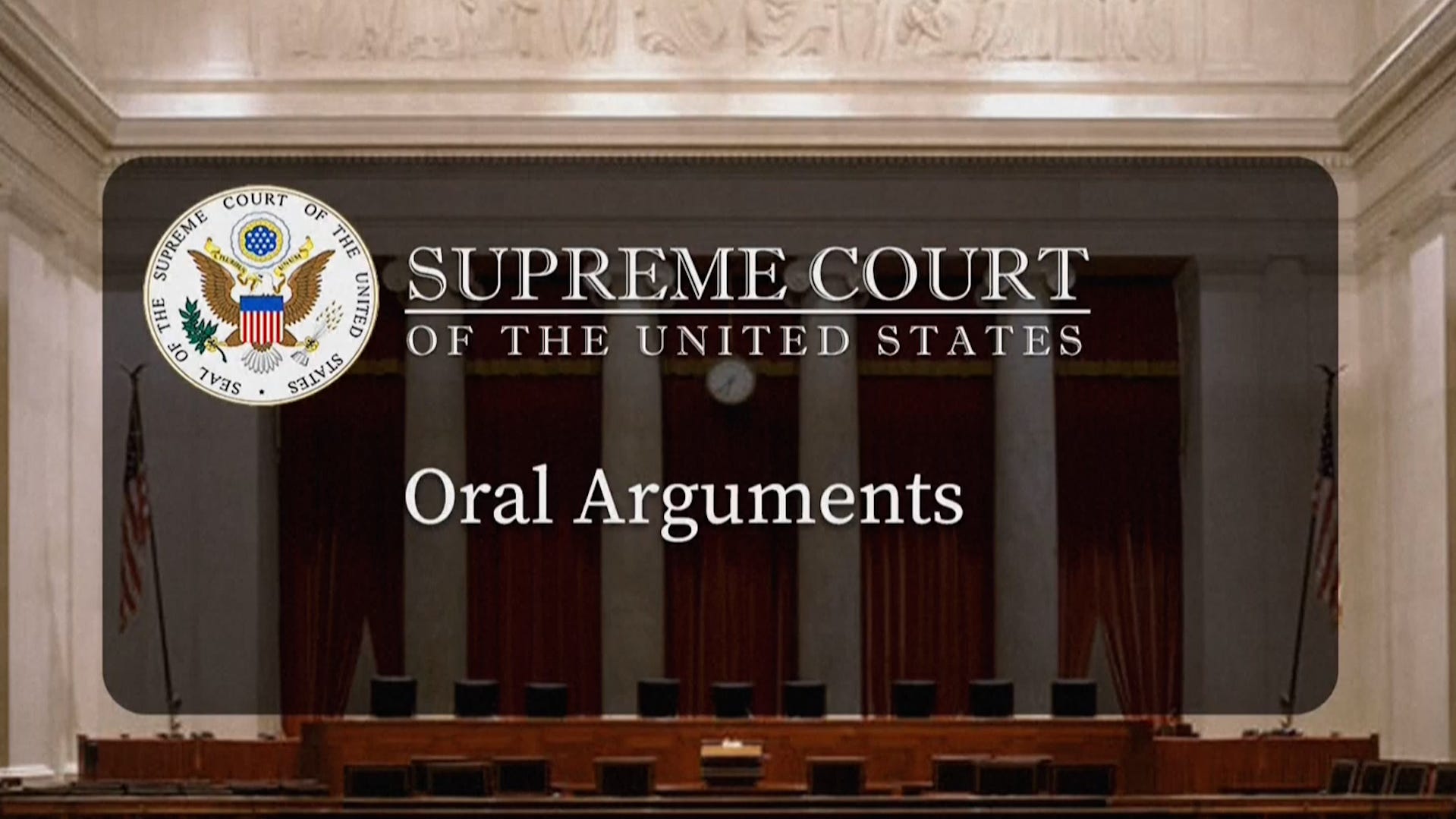'Reverse discrimination' case comes to Supreme Court as DEI is under siege
At issue: have courts created an extra hurdle for discrimination claims made by the member of a majority group? It comes amid a raging battle over DEI programs.

WASHINGTON − A workplace "reverse discrimination" case being argued at the Supreme Court Wednesday at first glance seems tailor made for the raging battle over diversity, equity and inclusion programs.
But the justices could also side with a heterosexual woman alleging she unfairly lost jobs to gay colleagues without wading into the broad assault being waged by President Donald Trump against DEI programs.
At issue is whether some courts have created an extra hurdle for discrimination suits brought by people who haven’t faced historical patterns of prejudice.
That’s different than whether the Trump administration can take various steps to end DEI policies, which the White House calls discrimination.
Still, the background noise could be hard for justices to tune out as they take up a case that is getting extra attention because of the broader DEI debate.
Here’s what you need to know:
What is Ames v. Ohio Department of Youth Services about?
Marlean Ames twice lost jobs at the Ohio Department of Youth Services to other candidates she thought were less qualified.
First hired as an executive secretary in 2004, Ames held various positions before seeking an additional promotion in 2019. That job went instead to a gay woman who had held management roles, like Ames, but did not have a college degree and had not originally applied for the job.
Soon after being told she wasn’t getting promoted, Ames was also demoted from her position as a program administrator. That job was given to a gay man, whom the department hired as a social worker a few years earlier.
Why does Ames' employer say she wasn't promoted?
Department officials said Ames was passed over for the promotion because she lacked the necessary vision and leadership skills.
Officials said she was demoted from her administrator position because she wouldn’t bring a proactive approach to the department’s increased emphasis on combatting sexual violence in the juvenile corrections system.
What happened when Ames tried to sue for discrimination?
Ames sued the department under Title VII of the Civil Rights Act, which bans discrimination based on “race, color, religion, sex or national origin.”
A judge dismissed her suit and that dismissal was upheld by the Cincinnati-based 6th U.S. Circuit Court of Appeals.
The lower courts said Ames hadn’t provided “background circumstances” showing the department was “that unusual employer who discriminates against the majority.”
She could have done so, the appeals court said, through statistical evidence indicating a pattern of discrimination against heterosexuals, or by showing that the decisions against her were made by a gay person.
The “background circumstances” requirement was first set in 1981 by the U.S. Court of Appeals for the D.C. Circuit. It’s been adopted by many, but not most, appeals courts.
What is the issue the Supreme Court is deciding?
Ames asked the justices to decide whether courts can require such evidence.
Her suit would have been allowed to go forward if she had been gay and the employees who got the jobs she wanted were not, her attorneys told the court.
“But because Ames falls on the majority-group side of the majority/minority fault line, she has no legal recourse,” they wrote in a filing.
Ohio’s attorneys dispute that Ames’ claim was held to higher standard. She merely failed to provide enough initial evidence of discrimination to allow her suit to proceed, they said.
How is the Supreme Court expected to rule?
Siding with Ames would be consistent with recent decisions in which the court's conservative supermajority has focused not on historical patterns of prejudice but has said discrimination is discrimination, regardless of a person’s race.
"Eliminating racial discrimination means eliminating all of it," Chief Justice John Roberts wrote in the 2023 opinion that effectively ended affirmative action in college admissions.
In addition, the court’s three liberal members could be sympathetic to the argument that the Civil Rights law itself didn’t set different thresholds for members of minority and majority groups. In fact, that argument was made to the court by the Justice Department when it was still directed by President Joe Biden.
What would a win at the Supreme Court mean for Ames?
Ames won’t automatically win her lawsuit against the department, however, even if the Supreme Court decides she doesn’t have to meet the “background circumstances” requirement.
The lower courts can still say Ames hasn’t done enough to poke holes in the department’s explanations for why they passed her over. And, even if she clears that hurdle, she must also convince a jury.